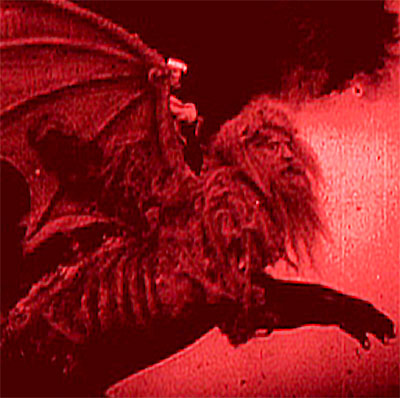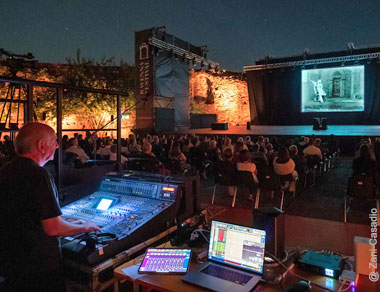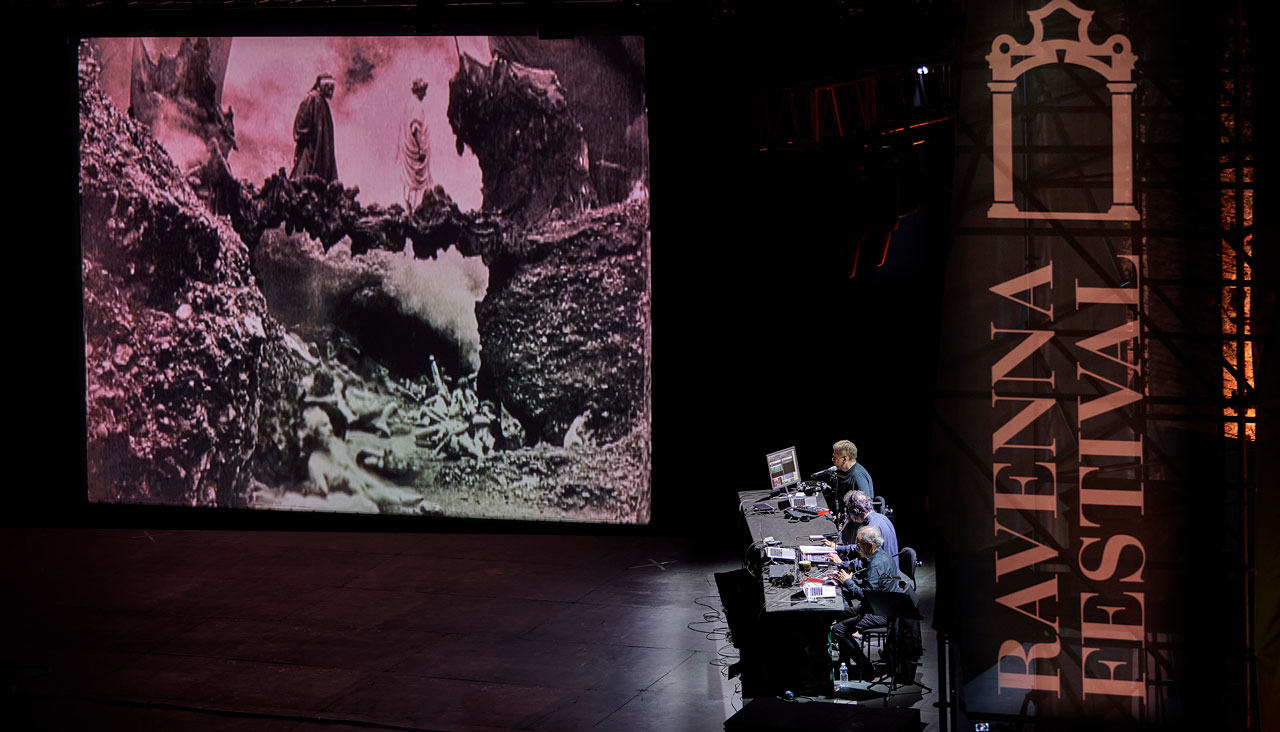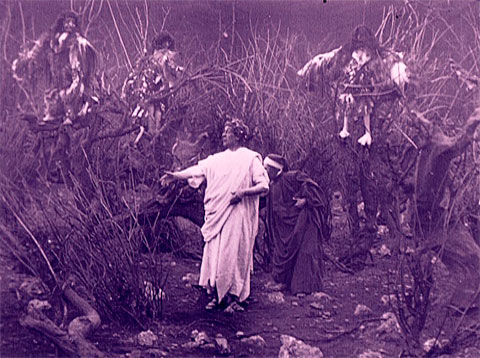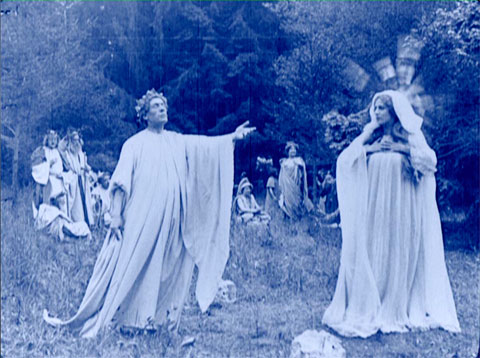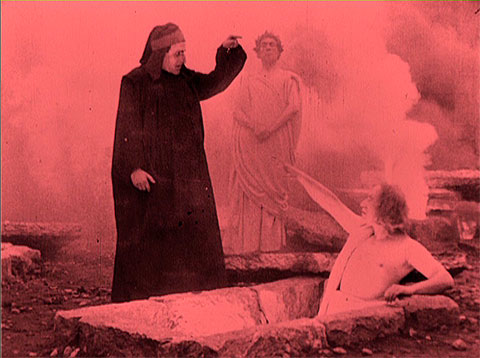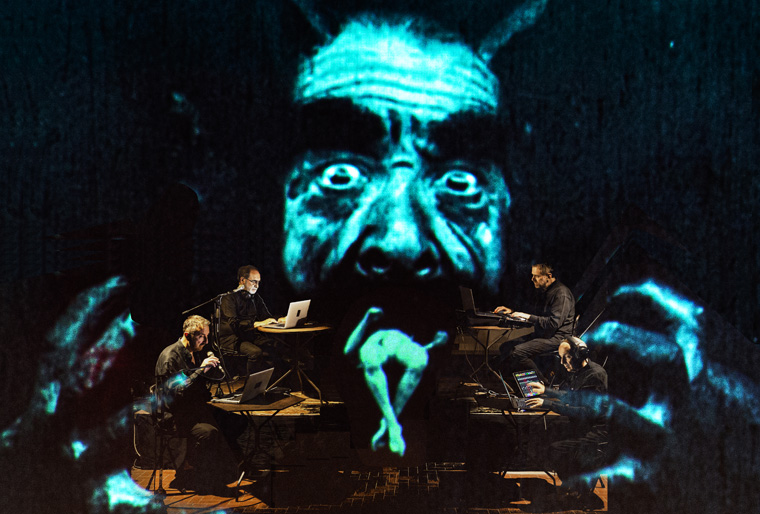On the occasion of the seven hundredth anniversary of Dante’s death, in 2021 Edison Studio created a new version of the soundtrack of the most visionary film in Italian silent cinema: Inferno (1911) from Dante Alighieri’s “La Divina Commedia”.
This new version is an elaboration of a project commissioned by the Ravenna Festival in 2008 and will be presented for the first time in the Ravenna Festival 2021 in collaboration with Salvatore Insana.
the restoration of the film was curated by the Cineteca di Bologna and carried out by the “L’Immagine Ritrovata” laboratory.
Edison Studio takes up the ancient tradition of silent film with live accompaniment in an original composition of vocal, mechanical sounds, borrowed from nature and the history of music, orchestrated and transformed live with the instruments of new technologies.
The Inferno soundtrack projects the viewer into a dreamlike and at times ironic dimension, thanks to a continuous ‘short circuit’ between reinvented voices, surreal acoustic landscapes, ambient sounds that envelope the space far beyond the possibilities of traditional cinema. The directors of the film, Adolfo Padovan, Francesco Bertolini, and Giuseppe De Liguoro, in 1911 made the first feature film in the history of Italian cinema, an unprecedented colossal:
3 years of filming, 150 actors and extras, 100 scenes, and international distribution that touches Europe and the United States.
The aerial circling of the carnal sinners, the flashback stories of Paolo and Francesca and Count Ugolino; Pluto, Cerberus, Charon who ferries souls beyond the Acheron river, hordes of bat-demons and the three soul-devouring heads of the gigantic Lucifer are just some examples of the scenes and characters animated by numerous and unpublished special effects, inspired by the famous engravings nineteenth century by Gustave Doré.
A show where literature, cinema, and music blend into a unified and current artistic path.
Edison Studio’s soundtrack commissioned by the “Ravenna Festival” and premiered in Ravenna on the 5th of July 2008, Rocca Brancaleone
Cinematography – Emilio Roncarolo
Set Design – Sandro Properzi, Francesco Bertolini
Cast – Salvatore Papa (Dante), Arturo Pirovano (Virgil), Giuseppe De Liguoro
(Farinata/Pier Delle Vigne/count Ugolino), Attilio Motta, Emilio Beretta, A. Milla (Lucifer)
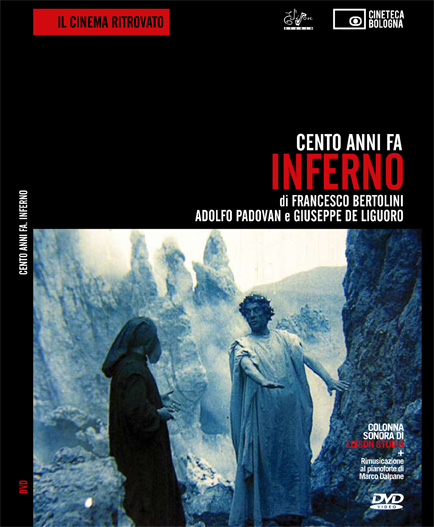
DVD – Cineteca di Bologna
series: il Cinema Ritrovato (CR10) – 2011
buy online
Soundtrack by Edison Studio
Mauro Cardi, Luigi Ceccarelli, Fabio Cifariello Ciardi, Alessandro Cipriani)
duration: 63
Performances
Inferno 2008
Jul 05, 2008 – Ravenna (Ita), Ravenna Festival, Rocca Brancaleone – Premiere
Dec 15, 2008 – Roma (Ita), Auditorium Parco della Musica, Nuova Consonanza Festival – Contemporanea Musica per Roma
Dec 16, 2008 – L’Aquila (Ita), Cinema Massimo, Stagione Società dei Concerti “B.Barattelli”
Feb 13, 2009 – Leipzig, Hochschule der Kunste, “Das Böse ist ein Eichhörnchen”
Apr 18, 2009 – Longiano (FO) (Ita), 18 April 2009, Stagione Teatro Petrella
Jan 3-4-5, 2010, Roma (Ita), Montemartini Museum, “Montemartini Corpo-Inferno-Energia”
Nov 30, 2010 – Catania (Ita), Centro di Culture Contemporanee “ZO”, Stagione Associazione Musicale Etnea
Apr 27, 2011 – Barcelona, CCCB – Zeppelin Festival
Jun 26, 2011 – Bologna (Ita), Festival della Cineteca di Bologna “L’immagine Ritrovata”, Cinema Arlecchino
Aug 10, 2011 – Firenze (Ita), Le Murate
Sep 1st, 2012 – Tarquinia (Ita), Progetto Musica Immagine, Palazzo Vitelleschi
Nov 10, 1012 – Mosca (Russia), Moskow Autumn Festival, Sala dell’Unione dei Compositori Russi
Nov 11, 2012 – Mosca (Russia), Cinema Lounge Dome
Oct 31, 2015 – Viterbo (Italy), Chiesa del Gesù (ex Chiesa di San Salvatore) night with Dante Alighieri
May 31, 2019 – Matera, Casa Cava
Lul 24 2019 – S.Mauro Pascoli, Casa Pascoli, Il Giardino della Poesia
Feb 28, 2020 – Mosca, Istituto Italiano di Cultura
Jul 05, 2020 – Forlì, Area Sismica
Jul 25, 2020 – Trento, Muse
Mar 25, 2021 – Buenos Aires (Argentina), Centro Cultural Kirchner
Inferno new version 2021
July 20, 2021 – Ravenna, Ravenna Festival, Rocca Brancaleone – Premiere
July 27, 2021 – Cluj-Napoca (Romania), TIFF Transilavania Film Festival
Sep 09, 2021 – Meldola (Fo), Arena Hesperia
Oct 15, 2021 – Potenza, sudDante, Ateneo Musica Basilicata, Auditorium del Conservatorio
Oct 23, 2021 – Cuneo, Fondazione Artea, Dante, la lingua, le arti, Teatro Giovanni Toselli
Oct 28, 2021 – Tel Aviv (Israele), Tel Aviv FIlm Library, Istituto Italiano di Cultura in Tel Aviv
Oct 31, 2021 – Reggio Emilia, Aperto Festival, teatro Ariosto
Nov 21, 2021 – Roma, Romaeuropa Festival, Parco della Musica, Sala Borgna ore 18
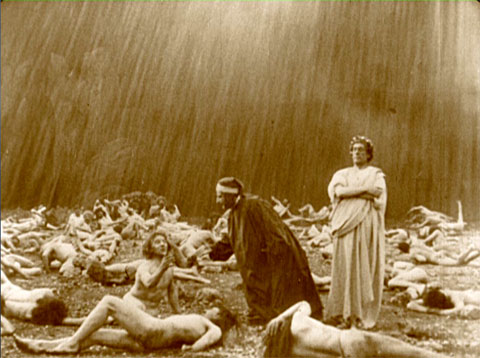
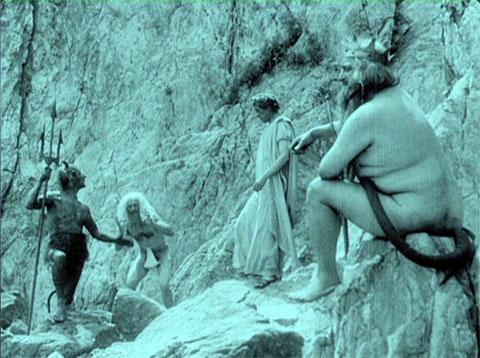
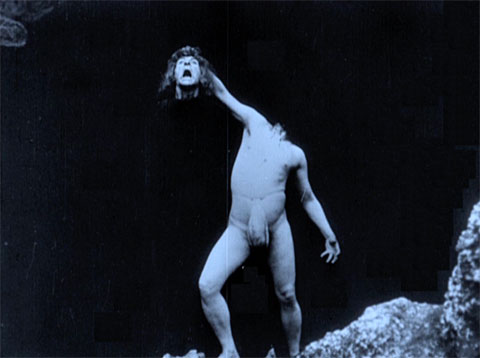
rewiev
Nazim Comunale, Il Giornale della Musica, July 21, 2021
Inferno, Cinema for the ear in Ravenna
…. A chthonic crackle leads us to the door of Hades, where metaphor, judgment, guilt and mystery open up. The images, simply extraordinary for the Mesmeric power that emanate after more than a century, give new life to radical, rigorous and very free music, in perfect balance between narrative, abyss, abstraction. Charon’s voice is not understandable, like that of many other protagonists of this descent into the precipice of guilt: as Sartre said, hell is the others and the impossibility of understanding, of understanding each other.
No captions, no useless glosses, typical of so much music for the cinema, but on the contrary a guarded and truly infernal mood, capable of enriching the vocabulary of meanings conveyed by the film.
At the center of the work stands the voice, the wake of the disembodied soul, a footprint of presences, claw, siren, shadow in the cave, witness of an apnea, of an apocalypse. A forest of very solid and evanescent ideas like ghosts, a threatening blanket looming over our destinies, but also a
welcome dose of irony in the side and creative way in which voices are manipulated, distorted, transfigured, the first and last instrument of man, his intimate, cosmic projection.
The role played by expectations is also fundamental, by silence, as if to translate what Franz Kafka wrote into sound: “Now, the Sirens have an even more terrible weapon than singing, namely silence. It certainly did not happen, but it could be that someone was saved from their singing, but certainly not from their silence “.
The same vertigo of certain ambient pages of Autechre, a discourse that takes the turn of eclipse, a human language for the last chapters, like the folk of an end, declined in a raw, pinned and in any case enveloping, essential, aerial an unattainable darkness. And to close, once we come out of the pit to see the stars again, voices again: first what seems to be a child and then perhaps a witch, to leave us bewitched after a journey in space-time. “Sounds your eyes can follow”, Moonshake titled a record a lifetime ago: a real experience of cinéma pour l’oreille, according to the French tradition, to give new depths and other faces and perspectives to an extraordinary film … .
https://www.giornaledellamusica.it/recensioni/inferno-cinema-lorecchio-ravenna
